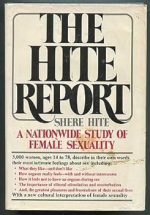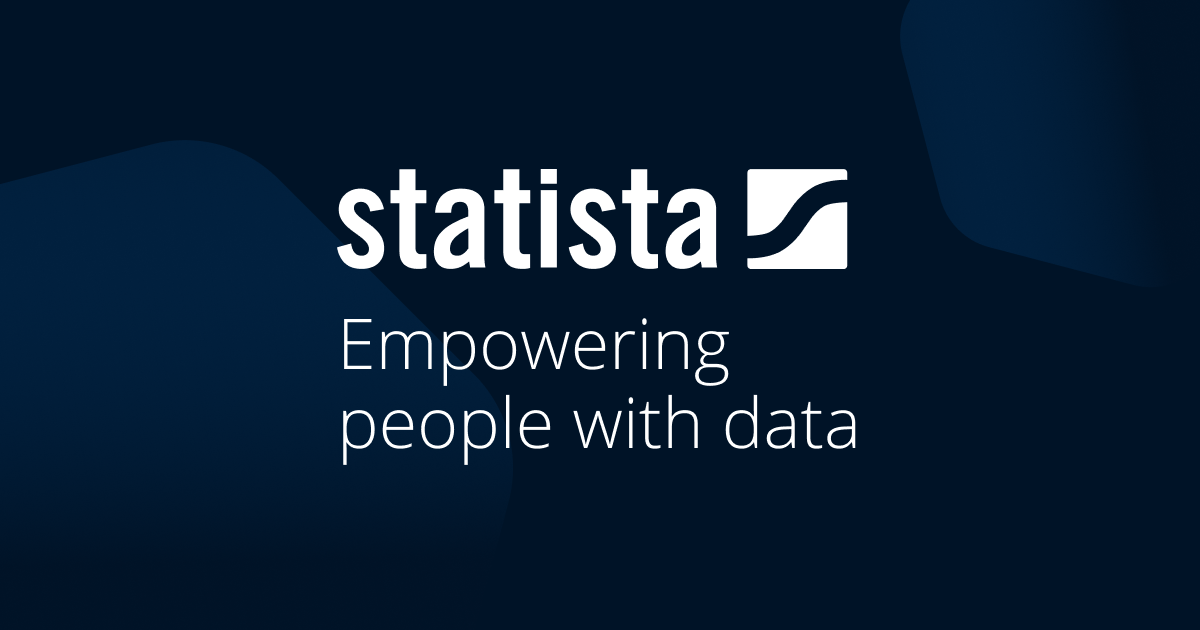- Joined
- Mar 30, 2021
- Messages
- 17,124
- Reaction score
- 22,979
- Location
- Alone in the Pale Moonlight
- Gender
- Male
- Political Leaning
- Other
KISSIMMEE, Fla. — It was her last Monday morning in the library, and when Tania Galiñanes walked into her office and saw another box, she told herself that this would be the last one.
Inside were books. She didn’t know how many, or what they were, only that she would need to review each one by hand for age-appropriate material and sexual content as defined by Florida law, just as she’d been doing for months now with the 11,600 books on the shelves outside her door at Tohopekaliga High School.
Last box, and then after this week, she would no longer be a librarian at all.
Yes, Tania knew about it. It was one more thing the state had asked of them, a mandatory recitation of parts of the Declaration of Independence “to reaffirm the American ideals of individual liberty,” along with something else she had heard from the district. “They asked us to please not celebrate Banned Books Week,” Tania said.
he books went back in the box. The box went on a cart. Tania asked one of her student assistants to return it to the teacher’s classroom, and then she walked to her desk and to the purple folder.
Inside, there were printouts of 79 pages of Florida law and statute that told her how to think about what students should and should not read. One law made it easier for people to challenge books they believed contained sexual conduct or age-inappropriate material. Another defined that term, “sexual conduct,” in layer upon layer of clinical specificity.
When she had decided to become a librarian almost 10 years ago, it was for a simple reason: She loved to read. Now she watched as the work she did at a high school in Central Florida became part of a national debate. There were fights going on over democracy and fascism. There were parents and school board members arguing on social media and in meetings. Florida Gov. Ron DeSantis (R) wasn’t just passing laws but using them to run for president. To Tania, the pure act of reading was becoming more and more political, and as a result, she had to spend much of her time reviewing the books on her shelves — not to suggest one to a student but to ask herself whether the content was too mature for the teenagers at her school. Then she had moved on to the books in each teacher’s classroom, because as of this year, the state considered those books to be part of the library, too.
This one really hurts. Librarians saved my life.
This is not about books. It's not about inappropriate material for kids. This is not about:
“Freedom Week.”
Yes, Tania knew about it. It was one more thing the state had asked of them, a mandatory recitation of parts of the Declaration of Independence “to reaffirm the American ideals of individual liberty,” along with something else she had heard from the district. “They asked us to please not celebrate Banned Books Week,” Tania said.
This is political indoctrination. This is anti-intellectualism.
This the bad guys winning. The bad guys winning.
Inside were books. She didn’t know how many, or what they were, only that she would need to review each one by hand for age-appropriate material and sexual content as defined by Florida law, just as she’d been doing for months now with the 11,600 books on the shelves outside her door at Tohopekaliga High School.
Last box, and then after this week, she would no longer be a librarian at all.
Yes, Tania knew about it. It was one more thing the state had asked of them, a mandatory recitation of parts of the Declaration of Independence “to reaffirm the American ideals of individual liberty,” along with something else she had heard from the district. “They asked us to please not celebrate Banned Books Week,” Tania said.
he books went back in the box. The box went on a cart. Tania asked one of her student assistants to return it to the teacher’s classroom, and then she walked to her desk and to the purple folder.
Inside, there were printouts of 79 pages of Florida law and statute that told her how to think about what students should and should not read. One law made it easier for people to challenge books they believed contained sexual conduct or age-inappropriate material. Another defined that term, “sexual conduct,” in layer upon layer of clinical specificity.
When she had decided to become a librarian almost 10 years ago, it was for a simple reason: She loved to read. Now she watched as the work she did at a high school in Central Florida became part of a national debate. There were fights going on over democracy and fascism. There were parents and school board members arguing on social media and in meetings. Florida Gov. Ron DeSantis (R) wasn’t just passing laws but using them to run for president. To Tania, the pure act of reading was becoming more and more political, and as a result, she had to spend much of her time reviewing the books on her shelves — not to suggest one to a student but to ask herself whether the content was too mature for the teenagers at her school. Then she had moved on to the books in each teacher’s classroom, because as of this year, the state considered those books to be part of the library, too.
This one really hurts. Librarians saved my life.
This is not about books. It's not about inappropriate material for kids. This is not about:
- 48%: Percentage of banned books that dealt with violence or physical abuse, including books that include sexual assault
- 42%: Percentage of banned books that cover topics on health and wellbeing, including mental health, bullying, suicide, substance abuse, sexual wellbeing and puberty
- 33%: Percentage of books banned that detail sexual experiences between characters
- 30%: Percentage of banned books that included characters of color and themes of race and racism
- 30%: Percentage of banned books that included representations of LGBTQ+ identities
- 29%: Percentage of book bans that include instances or themes of grief and death
- 6%: Percentage of banned books that included a transgender character
“Freedom Week.”
Yes, Tania knew about it. It was one more thing the state had asked of them, a mandatory recitation of parts of the Declaration of Independence “to reaffirm the American ideals of individual liberty,” along with something else she had heard from the district. “They asked us to please not celebrate Banned Books Week,” Tania said.
This is political indoctrination. This is anti-intellectualism.
This the bad guys winning. The bad guys winning.


